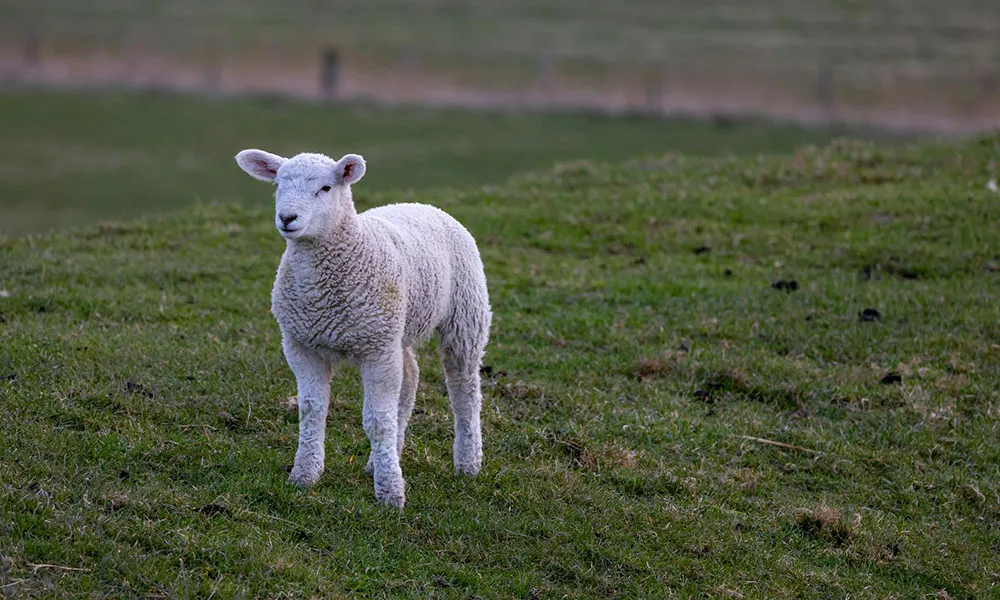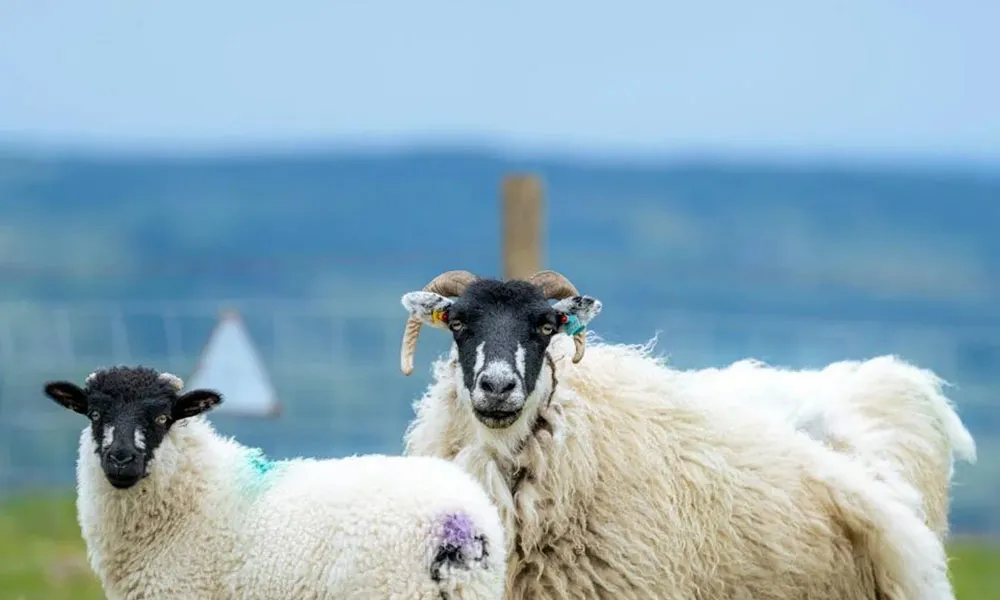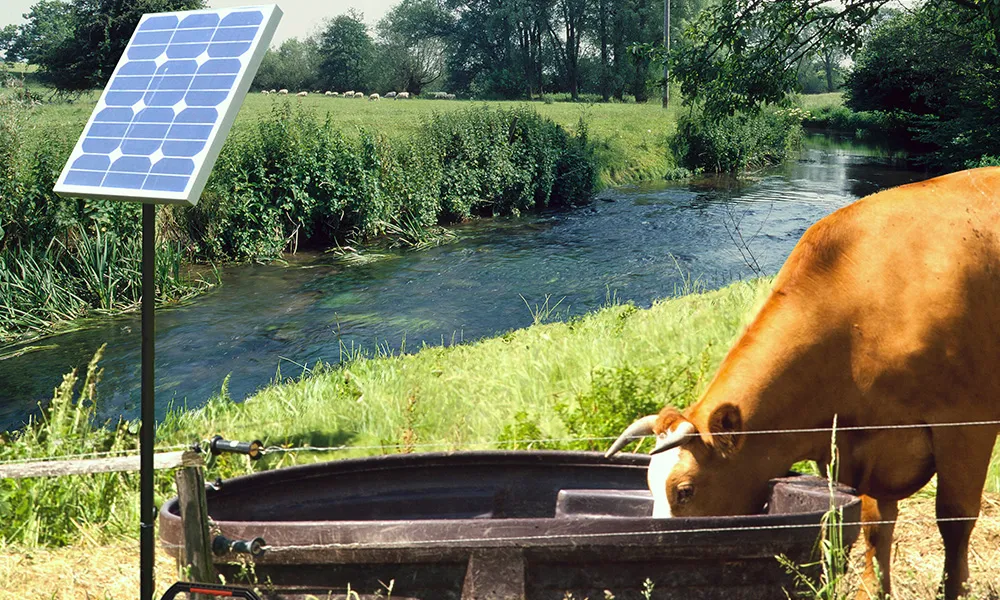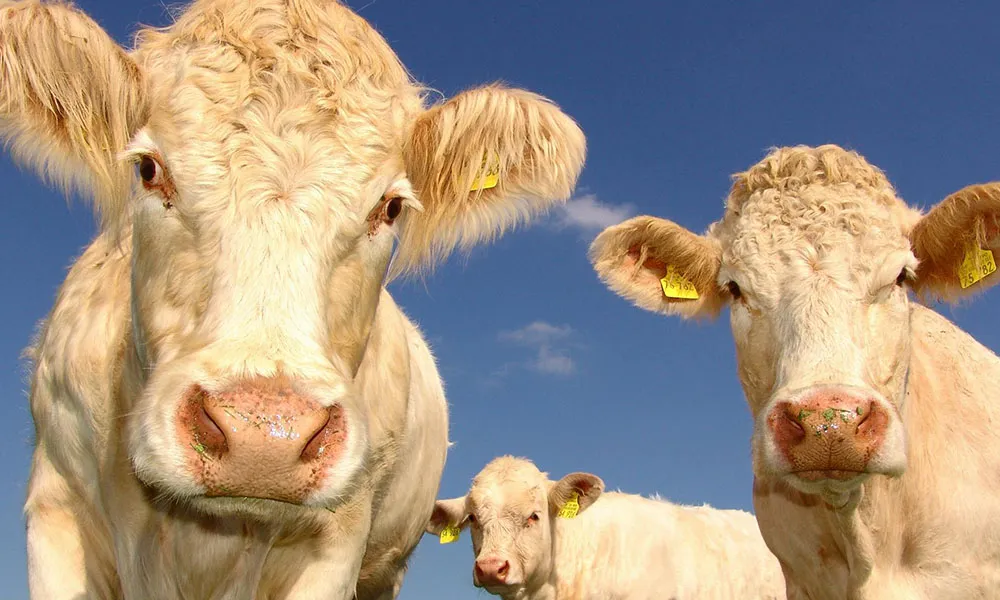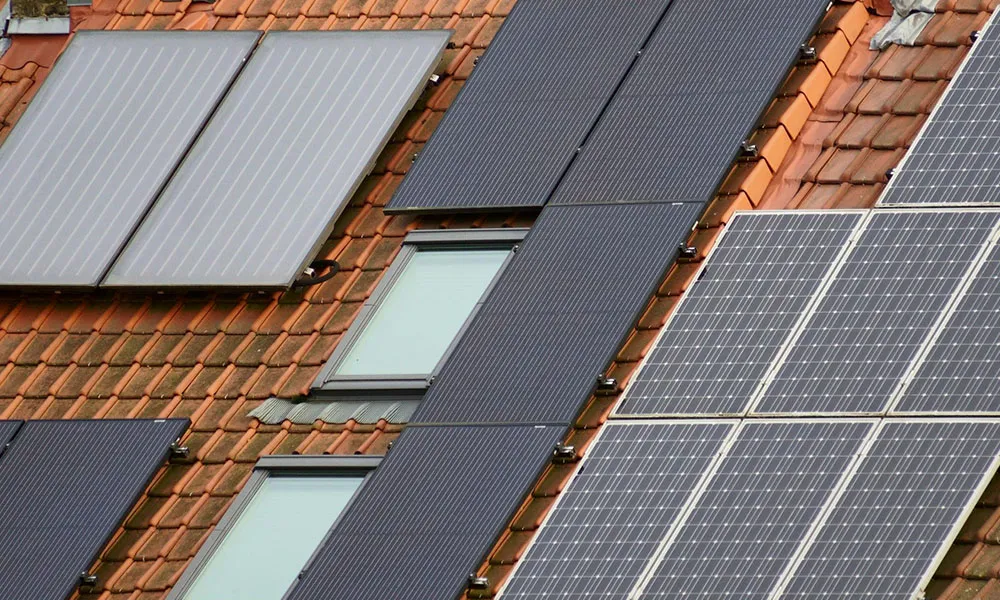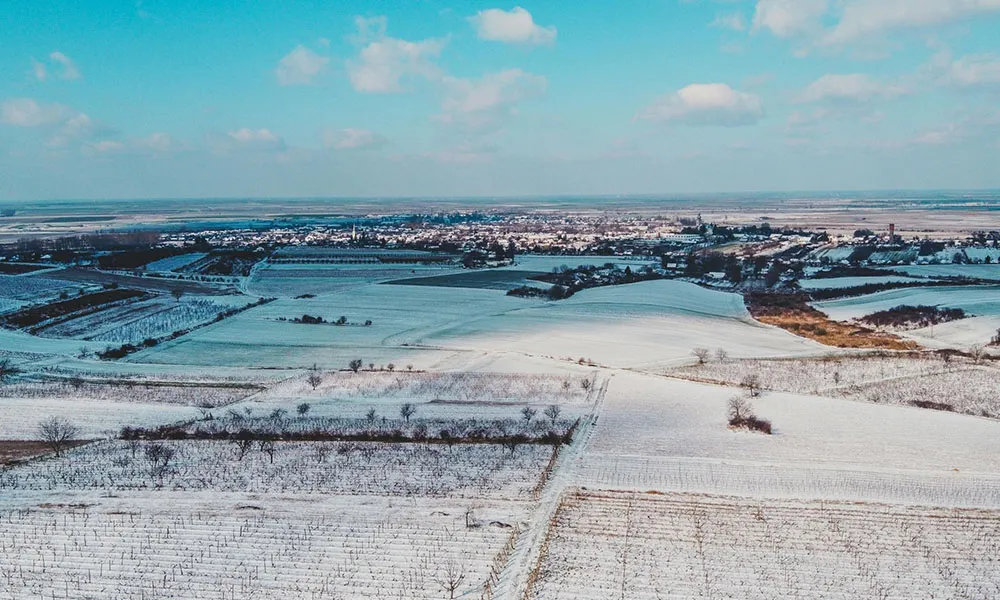
A Hard Winter Ahead
No matter what happens in the months ahead, we can be sure that it will be a hard winter for everyone. Record inflation, energy shortages and potential food shortages all contribute to the grim outlook for the back end of 2022 and the start of 2023.
The agricultural sector is more affected by these issues than most others, with inflation and prices at the pump wreaking havoc on farm profits and leaving many farmers barely treading water. The unprecedented nature of this situation means that many of us awaited this year’s budget with baited breath, hoping that the Government might deliver some meaningful supports to farmers.
Indeed, Government ministers have been keen to market Tuesday’s budget as a spending “bonanza” with something for everyone. In reality, the very mixed reaction from most farming groups is probably a more reliable litmus test of the levels of support on offer for the average farmer. The IFA has criticised the budget, stressing that it offers nothing to suckler and beef farmers in particular; and while the Irish Natura and Hill Farmers Association welcomed some of the new provisions, its representatives also expressed overall disappointment with their scope.
What seems clear, at any rate, is that very few of us will be fully compensated for inflationary losses. Nonetheless, it is worth taking a closer look at what Minister McConalogue announced this week, to assess what supports struggling farmers can avail of.
Record Spending
First of all, it is important to recognise that this year’s budget does include the highest ever level of funding allocated to the Department of Agriculture. An additional €283,000,000 has been provided to the Department to support the agriculture and fishing sectors. This is no small amount of money and, in ordinary times, would indeed constitute a bonanza. According to the Minister, the budget provisions will help to lay the groundwork to support farmers to achieve climate, biodiversity and water quality goals.
Solar and Anaerobic Digestion
This year’s budget provides funding for 30,000 places in ACRES, the new Agri Climate Rural Environment Scheme. Dubbed the New REPS, the aim of this scheme is to facilitate improvements in biodiversity and the environment.
In addition to this, there has been a significant amount of funding allocated to the TAMS budget, to facilitate grants for the installation of solar panels on farm buildings. Grants will be worth up to 60% of the total costs of installation, making this one of the more attractive schemes available to farmers.
In keeping with the theme of the drive to renewable energy and carbon neutrality, Minister McConalogue also announced funding of €3,000,000 per annum for the funding of anaerobic digestion projects.
BEEP-S
Minister McConalogue announced that he will seek to continue funding the Beef Welfare Scheme, which was previously funded under the Beef Environmental Efficiency Programme (BEEP-S). This will be welcome news to the many farmers who have availed of this scheme in recent years.
Organics and Forestry
This year’s budget will see the largest ever allocation to the organic sector, with funding for the organic farming scheme set to increase by €37,000,000. The aim here is to triple the amount of Irish agricultural land devoted to organics by 2027. Considering the astronomical costs of fertilizer, this option is likely to become increasingly attractive to farmers in the coming years.
Forestry funding has also increased in this budget, and it seems likely that funding in this area will focus on species diversity. Minister for State, Pippa Hackett, has spoken recently about a “closer to nature” model of forestry.
Beef and Sheep
Targeted beef and sheep supports look set to remain at just over €100,000,000. Funding here will be available to farmers trying to offset high production costs. According to the Minister, beef and sheep farmers will be able to access financial supports through fodder aid and environmental programmes.
Energy and Business Support
Farmers may be able to access financial support through TBESS, the Temporary Business Energy Support Scheme. For a business to qualify for this scheme, its average unit price for electricity must have risen by 50% since last year.
If you qualify for the payment, you must apply for a cash payment on Revenue. Payment will be up to 40% of the total increase in cost between 2021 and 2022. However, the payment is capped at €10,000 per month.
Concrete Levy
Despite some broadly positive measures in Budget 2022, a lot of farmers will be disappointed by the decision to place a 10% levy on concrete products. With construction costs already at record highs, this measure makes new farmyard construction and maintenance even more unattainable for many.





